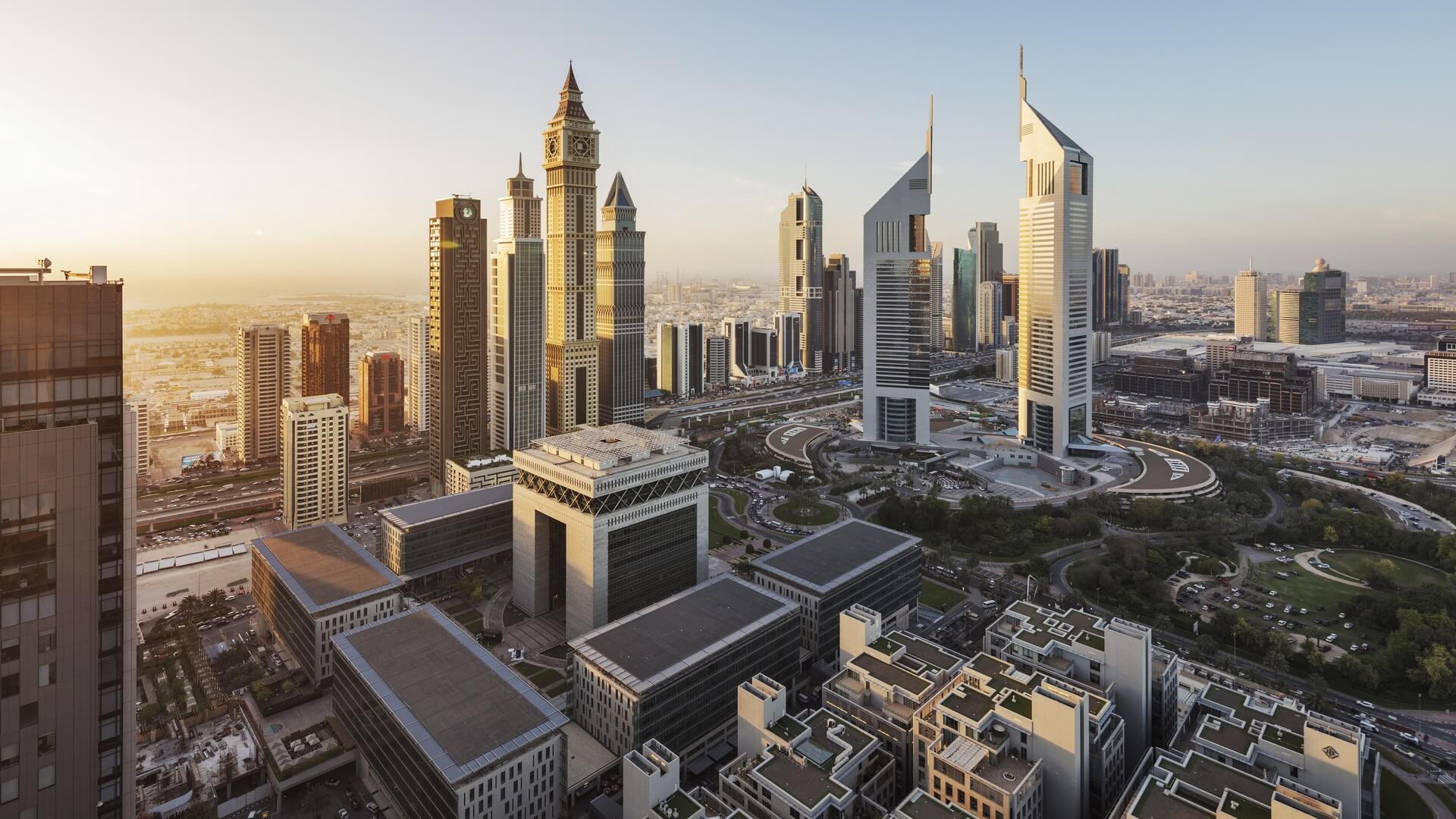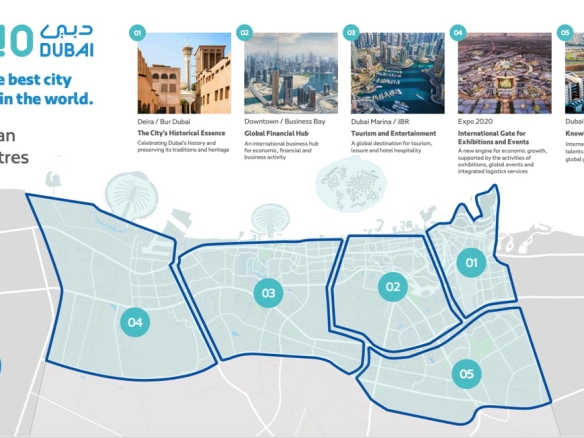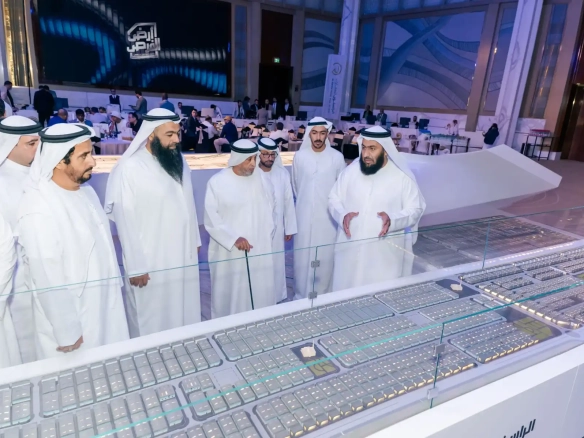
DIFC vs DLD Real Estate: Which System Fits You Best in 2025?
If you’re planning to buy property in Dubai, comparing DIFC vs DLD real estate is essential. These two regulatory systems differ in legal structure, fees, leasing rules, and ownership models. By understanding their differences, you can make a smarter investment decision based on your priorities.
1. Legal Framework & Ownership
The DIFC operates under English common law, using English-language courts and its own Registrar of Real Property. In contrast, the DLD follows UAE civil law in Arabic, with oversight from Dubai Courts and RERA.
- Ownership types: Both offer freehold for foreigners in specific zones. DIFC assets are mostly freehold, while DLD includes both freehold and 99-year leaseholds.
- Holding structures: Companies registered in DIFC or structured as foundations can directly hold property. DLD permits offshore ownership only from approved jurisdictions, although a 2017 MoU allows DIFC entities to acquire DLD properties.
- Strata management: DIFC strata are overseen by the DIFC Authority. DLD properties fall under RERA’s joint-ownership laws.
2. Buying Process & Key Costs
Although both systems involve a sale agreement and NOC, their registration and fees differ notably.
- Transfer fee: DLD = 4% of sale price. DIFC = 5%.
- Title registration: DLD ≈ AED 580. DIFC = AED 367.25.
- Mortgage registration: DLD = 0.25% of the loan + AED 290. DIFC = AED 367.25 (conventional) or AED 1,002.50 (Islamic).
Timelines: DLD transactions take 30–60 days (longer if seller has a mortgage). Meanwhile, DIFC typically completes in 30–50 days. Additionally, DIFC allows timeline extensions without penalties if fees are lodged on time.
3. Gifting, Wills & Inheritance
Transferring a property to a relative in DLD zones costs only 0.125% of its value. However, DIFC charges the full 5%, regardless of the relationship. Importantly, DIFC provides a Wills and Probate Registry for non-Muslims, ensuring assets bypass Sharia succession. DLD assets default to Sharia unless a DIFC-registered will exists.
4. Everyday Ownership
4.1 Landlord–Tenant Rules
DLD leases renew automatically. Eviction requires 12 months’ notice, and rent hikes follow the RERA index. On the other hand, DIFC leases only renew if stated. Moreover, tenant deposits (up to 10%) are escrowed with the Registrar, and evictions can occur for non-payment or at contract end. Rent caps remain aligned with the RERA index.
4.2 Lease Registration & Deposits
- DLD: Leases registered via Ejari (AED 155). Deposits are held by landlords.
- DIFC: Leases longer than 6 months must be registered within 20 days. Deposits are securely held by the DIFC Registrar.
4.3 Dispute Resolution
Rental issues in DLD areas go to the Rental Dispute Settlement Centre (Arabic). Conversely, DIFC disputes are handled by the Small Claims Tribunal (up to AED 1M) or DIFC Courts, in English. Filing fees are 5% of the claim, with a minimum of USD 100.
5. Commercial Property Nuances
DIFC commercial units must be occupied by DIFC-licensed entities like banks or consultancies, offering prestige but less flexibility. In contrast, DLD zones permit any Dubai-licensed business to rent, enabling wider demand. Furthermore, DIFC buildings often carry higher service charges, while DLD varies by location and size.
Conclusion: Make the Choice That Matches Your Goals
Choose DIFC if you prefer:
- A common-law system with English-language proceedings
- Stronger deposit protections and court access
- Prestige and proximity to global firms
Choose DLD if you want:
- Lower entry and transaction costs
- Access to villas, townhouses, and more communities
- Flexibility in ownership and broader leasing options
Ultimately, both systems welcome foreign buyers. By aligning your goals with the right legal structure, your Dubai investment journey becomes more secure and predictable.
Frequently Asked Questions
- What are the current transfer fees in DIFC and DLD?
- DLD charges 4% of the sale price. DIFC charges 5%.
- Can foreign companies own property in DIFC?
- Yes. DIFC-registered companies or foundations can buy property directly. They may also acquire DLD property under a specific MoU.
- How are deposits handled in DIFC vs DLD?
- In DIFC, deposits are held in escrow by the Registrar. In DLD zones, landlords hold deposits directly without oversight.
- Do DIFC leases follow Dubai’s rent caps?
- Yes. DIFC applies the same rent-cap formula used in RERA’s index.
- Which is better for commercial property?
- DIFC suits firms needing a global financial hub address. DLD areas offer greater flexibility, lower fees, and a broader tenant base.
Sources
DIFC Registrar of Real Property, DLD Regulations, Al Tamimi & Co, fam Properties, DIFC Leasing Law, RERA Guidelines.





Join The Discussion